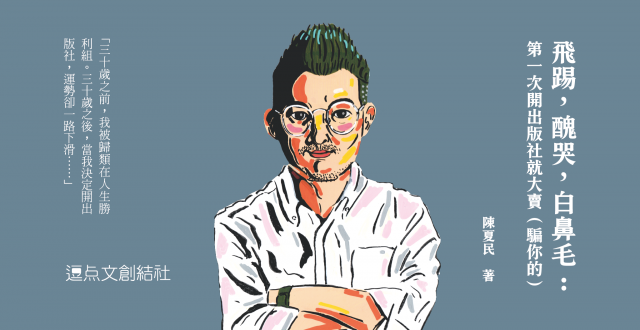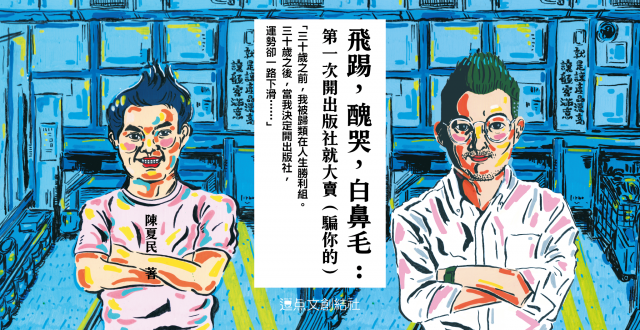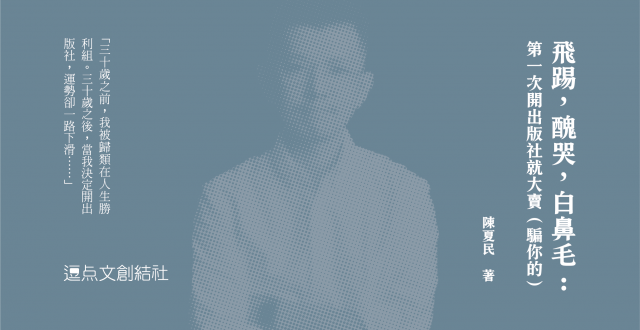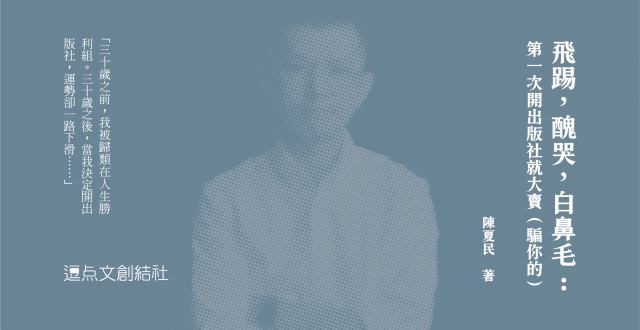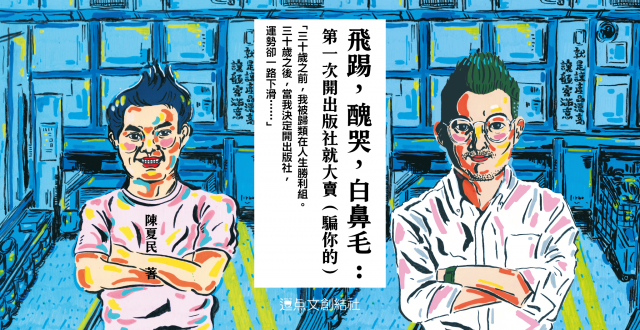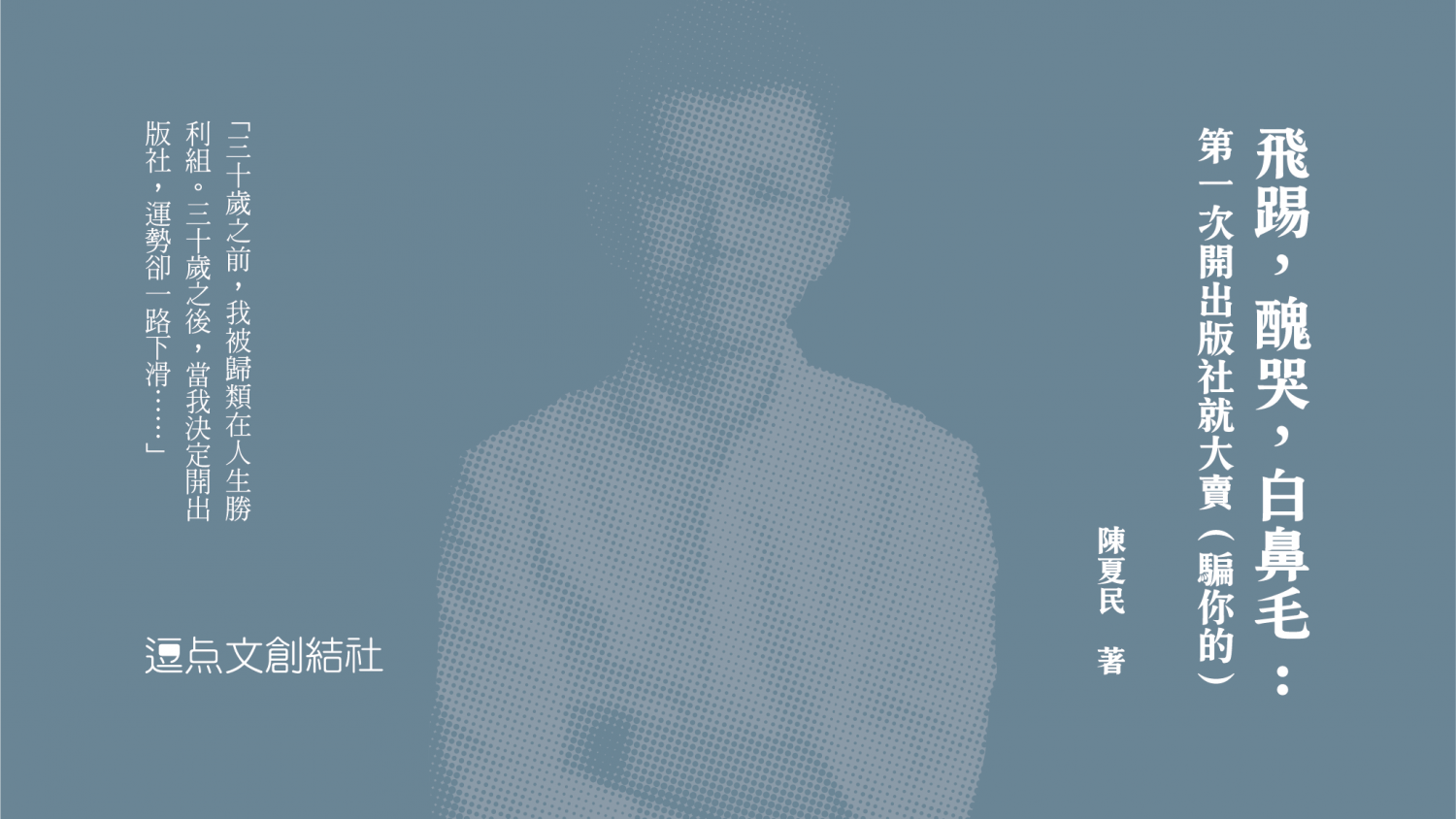
SAMPLE》Post Restitutio Libros Tristes (After the Return, the Books Feel Sad.)
After all the hardships, the books finally made their way to the market. Who would have known, within a month, their fate would be decided, whether they would continue to live or face oblivion. It sometimes feels like throwing a newborn into a battlefield, which can be quite cruel to their fate. But such is the destiny of books. Each book has its own fate. Lucky ones continue to circulate, but what about the unlucky ones?
Once the books are printed, they are sent from the printing factory to distributors, then to various retail outlets and wholesalers, and finally, the wholesalers distribute them to independent bookstores. During this process, store owners often mark the books with store stamps, write dates with pencils, or even put labels on them. These markings are usually for security or to keep track of return deadlines.
Yes, if a book doesn't sell well, it won't simply sit on the shelves waiting for a buyer. It might end up with one copy languishing on a shelf, and the rest will be returned. Once beautiful and fresh, these books, after numerous journeys, end up damaged - some have creases, some peel, some have pencil marks or store stamps, and I've even seen extreme cases where covers were torn off, and pages were a chaotic mess, as if the book had encountered a chainsaw killer in Texas. It looked like it had been surrounded by Freddy Krueger in a nightmare. It's truly heartbreaking.
After being browsed through by customers, if a book is in poor condition, it might be returned. Some stores create their own return condition stickers, with various reasons printed on them for the staff to choose from. While the idea is good, the stickers are often too sticky. Once applied, they become the final straw that chokes the life out of a book. I once tried to battle one of these stickers with a hairdryer, but no matter how hard I tried, it tore the book cover apart. I was furious and helpless, just had to put the book away with a heavy heart.
Frankly, a book that's battered and bruised might find peace in being tossed into the trash or recycling bin. What's worse is when a book is old, worn, shows visible signs of damage, yet not enough to be discarded. It can't be sold, can't be shelved, so it hides in the warehouse waiting for bookworms to chew on it. After all, if new books are hard to sell, how could damaged old ones possibly perform miracles?
Returning books not only means the product itself is damaged, losing its charm, but it also increases storage costs. Some publishers regularly destroy a portion of returned books or donate them to suitable organizations to prevent storage costs from overwhelming the company. The ideal situation is to hold a clearance book fair. I often see piles of returned books in the underground streets of Zhongshan, some of which might have been released just six months ago, now stacked there for sale. Even though some readers might not mind the condition and care about the content, the books that end up going home with readers are just the tip of the iceberg. The rest, after the book fair ends, will return to the embrace of the dark warehouse.
You might wonder, if books are so hard to sell, why print so many? Looking at the pure literary book market in Taiwan, the first print run for independently published poetry collections is usually between 500 and 1,500 copies, while Chinese-language creative books range from 1,000 to 2,000 copies. Mass-market books fall between 3,000 and 5,000 copies. Considering these numbers and Taiwan's population, these first print runs aren't actually that high. However, with changing reading habits, abundant choices, and publishers having to lower print quantities and increase the variety of books, the number of returned books keeps rising.
Apart from selling them at low prices, there's another solution: if there's enough budget, a book can be given a new cover or jacket, breathing new life into it. However, for independent publishers, money is always a major constraint, making the prospect of rebranding a book incredibly challenging.
Every time I see these books marked with store stamps or store names written in pencil, I sigh. I can't believe people don't cherish books and treat them so recklessly. Yet, I also feel sorrow for these damaged books. They were once healthy and lovely; they are all our children.
Oh, don't cry. Daddy will take you home.


